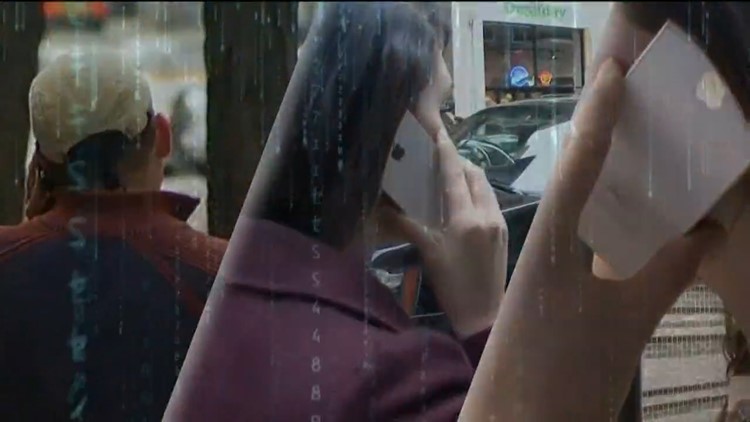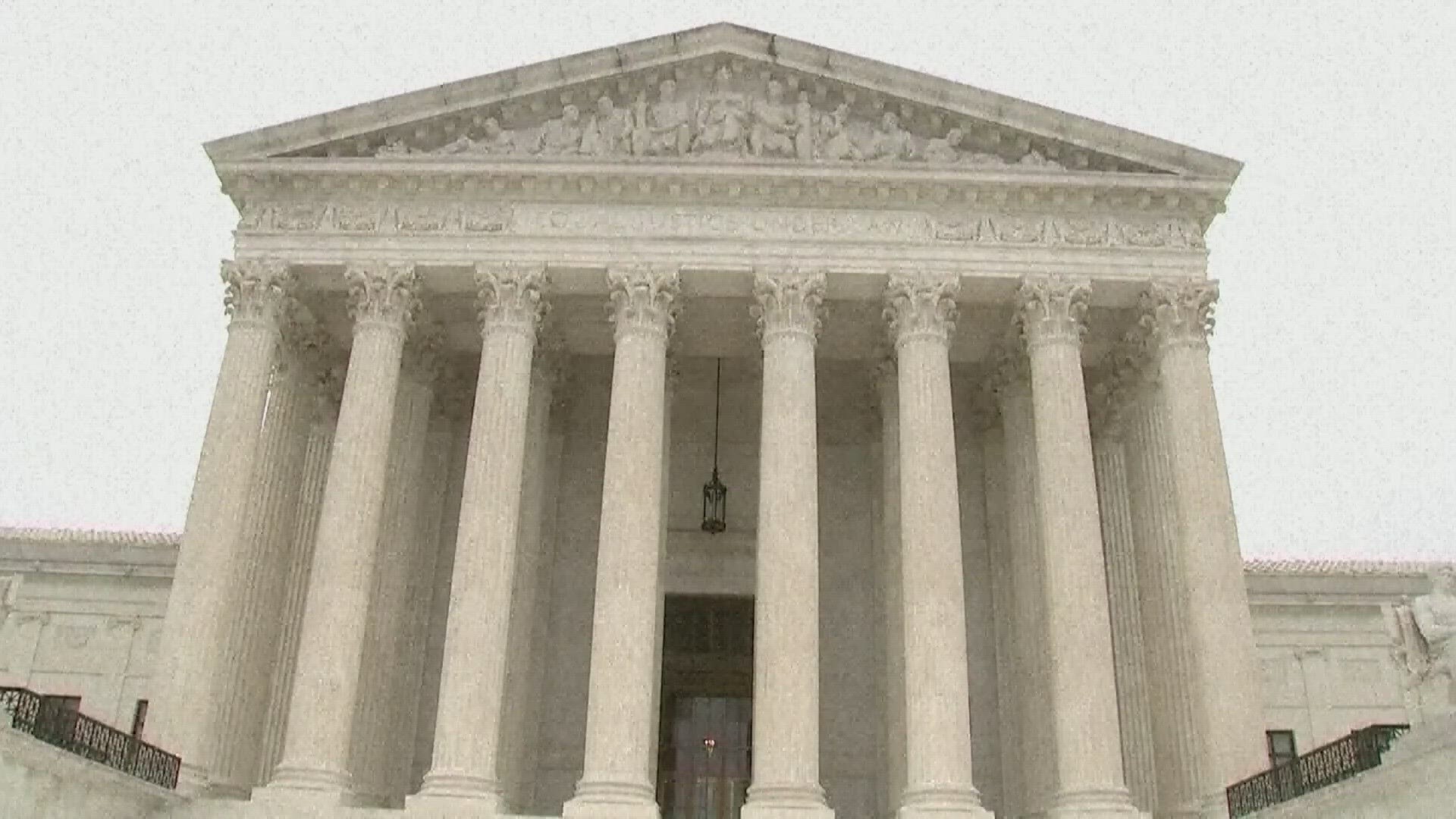A Supreme Court decision made Friday will affect every person with a cellphone.
It requires law enforcement to get a search warrant before using cellphone data to track people, except during certain kinds of emergencies.
The ruling stems from a case out of Michigan where investigators used cell records to help convict Timothy Carpenter of robbery.
Carpenter's lawyers said his Fourth Amendment rights were violated because investigators didn't get a search warrant.
"The issue for the Supreme Court is, do you need a warrant when you are figuring out a citizen's movement based on a tower cell you are near?" questioned Denver trial attorney David Lane.
When you use your cellphone, it signals a nearby tower and connects to a telephone network. If you're on the move, the call bounces from tower to tower. That information is recorded by phone companies to keep tabs on things like roaming charges.
Police can also use that data to map where a person has been.
In a 5-4 vote, the Supreme Court ruled if law enforcement wants that information they now need a search warrant, except during emergencies like a kidnapping or if there's a suspect on the run.
"Now people don't have papers anymore," Lane said. "They have electronic data. The framers of the Constitution didn't anticipate that and the law struggles from time to time to keep up with technology."
The deputy director for the Colorado District Attorney's Council said it's not unusual to see cell tower data used in court and from their perspective, police generally get search warrants - mirroring what Denver and Aurora Police have said as well.
"I can't think of anything that invasive where we haven't wrote a search warrant," said Officer Bill Hummel with Aurora Police. "Let's say we have a homicide. We are going to write search warrants for that kind of stuff."
Lane said until now this wasn't a national rule and while some law enforcement agencies have been cautious and have obtained search warrants, others haven't.
Lane also said the ruling is a boost for privacy.
"In today's modern world, the one thing that is an assault on a minute to minute basis is your privacy," he said.
Colorado's own Supreme Court Justice Neil Gorsuch disagreed with the ruling. He was joined by three other justices.
Part of the dissenting argument reads:
"The new rule the Court seems to formulate puts needed, reasonable, accepted, lawful and congressionally authorized criminal investigations at serious risk in serious cases."



